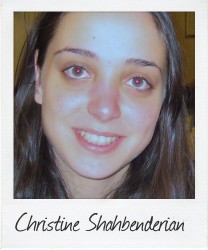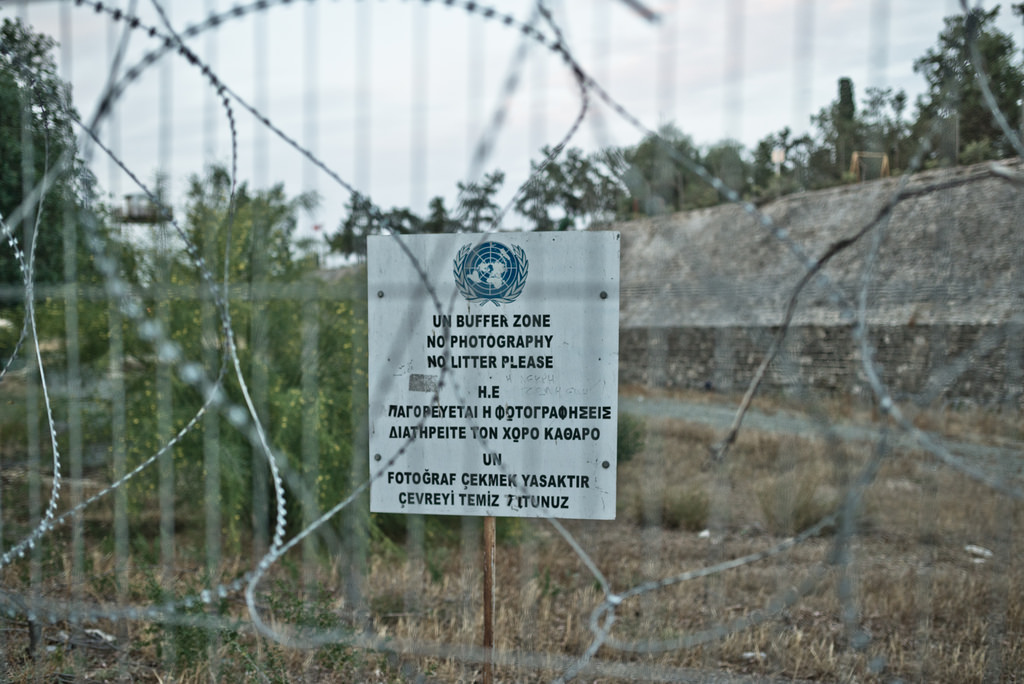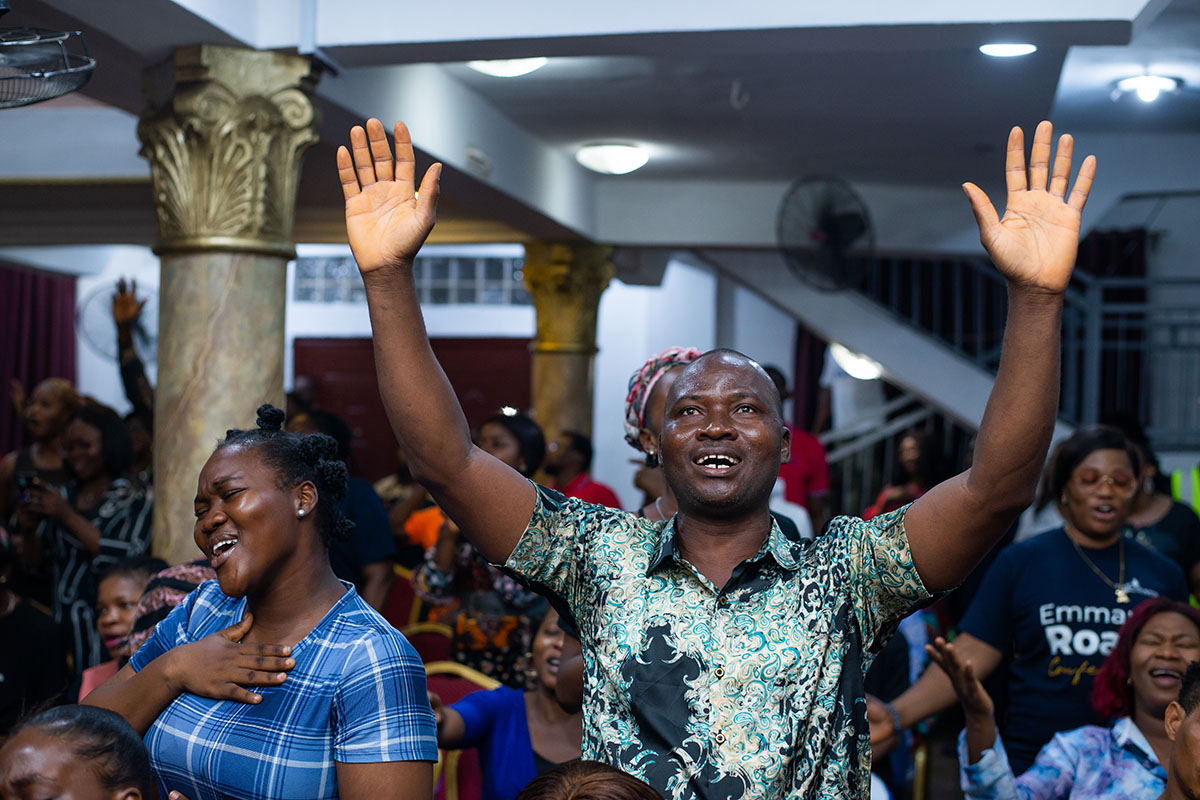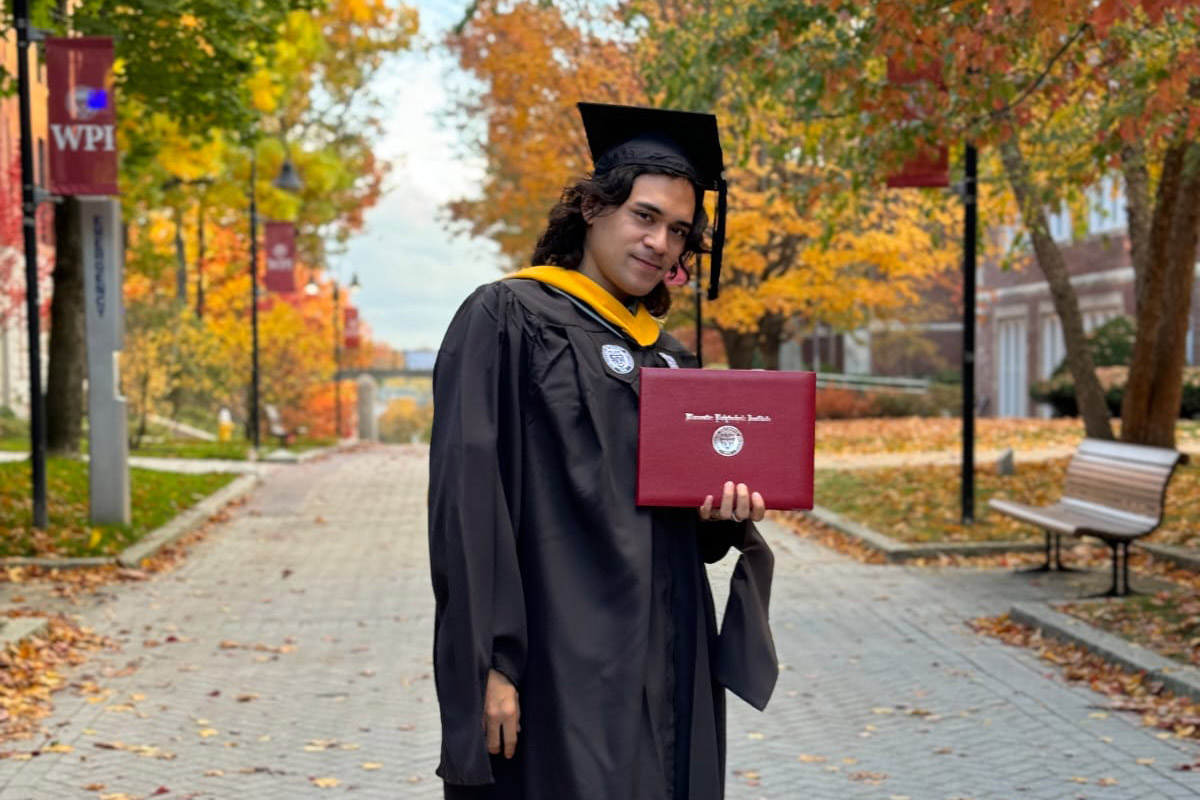“Building trust to build an inclusive Cyprus”
August 15 The theme of “an inclusive Commonwealth” struck a chord for Christine Shahbenderian, 23, a Commonwealth Correspondent from Nicosia in Cyprus, who writes about her experience building inclusiveness at home.
The theme of “an inclusive Commonwealth” struck a chord for Christine Shahbenderian, 23, a Commonwealth Correspondent from Nicosia in Cyprus, who writes about her experience building inclusiveness at home.
In light of this year’s theme of the Commonwealth, I have realised how important the concept of inclusiveness is for many contexts, including on regional and country levels.
I can’t help but think of the struggle of my small nation, Cyprus, in finding a solution to the ‘Cyprus Problem’ to ensure political and societal inclusivity for all its citizens.
The Cyprus Problem, with all the divisions that it carries, poses a serious impediment to making this country a successful example of a European Commonwealth island that is both multi-ethnic and multi-religious and yet embraces all of its citizens equally.
In the march of any inclusive society one often finds ironies and contradictions. In the case of Cyprus, with a population that is predominantly Greek-Cypriot and where exist many minorities such the Turkish, Armenian, Maronite and Latin minorities, the obstacles to an inclusive Cyprus due to the Turkish armed invasion of 1974 and the ensued geographical separation of its people are unfortunately numerous.
It was against this backdrop that I decided a few years ago as a concerned citizen to look at the ideas of citizen diplomacy and conflict resolution that people of good will within the two communities, Greek-Cypriots and Turkish-Cypriots, had introduced in Cyprus.
Digging up history, I discovered the Bi-Communal Conflict Resolution Group which was formed in the 1990s. A novel group in Cyprus, determined to introduce Conflict Resolution techniques in order to create a mass of critical thinkers which would make the difference. A key tenet of the techniques was building better relations between people, whether citizens or politicians, by leading to a deeper understanding of the fears and aspirations of the participants and by creating greater understanding of the psychological barriers and historical enmities between groups.
They derived their strength from the thought that it was not only power politics that brought down the Berlin Wall, but people power as well. By the end of the project, they managed to reach a great success. A common vision emerged from both sides – to build a country where everybody’s needs are everybody’s concern. In other words, they demonstrated through the participation of many people, regardless of ethnicity or religion, that embracing the idea of inclusiveness is a great antidote to many of the protracted and tortuous societal problems of the island.
The perfect opportunity to experience this myself was at a recent workshop called ‘Better Cyprus: The Cyprus Issue and Youth’ organized by the Youth for Exchange and Understanding, a non-governmental organization. Through the use of different conflict-resolution techniques and structured democratic dialogue, it brought the youth of all the communities together for three consecutive days. It was an eye-opening occasion to question together the root causes for such a fragmented island, as well as to see what it takes to envision a common future of the island that embraces all of its citizens.
An important learning of this workshop is that each one of us has his or her version of truth and his or her own understanding of reality. This acceptance of the differences and the validity of the other person’s truth for them is the first step needed in order to bridge differences and to find common ground, because it takes us beyond sterile political positions into the realm of fears, needs and aspirations of the “enemy”.
It is a huge source of strength and hope to see that there are numerous initiatives in Cyprus that help the young at my age to build bridges of trust across the island. This is paramount for a society to be inclusive; people must have faith in each other and trust that they serve mutual interests. Another great example of an initiative in which I was fortunate to participate was an educative trip to Brussels comprising of a group of young adults from all the communities in Cyprus. Despite the aim being the enhancement of our knowledge about the European institutions, the trip conveyed a strong message to those who took part and to the people that we met there: all of us together symbolised what Cyprus truly is – a pluralist European island. Having spent wonderful four days together we realised that initiatives like this that encourage the inclusion of all the citizens of Cyprus in a common project confirm that “Unity through diversity”, the motto of the European Union, can indeed beat all odds.
For a radical change to take place in my country, citizens of my generation need to do more than just discuss the fractured body politic of the island. Conflict resolution projects and peace movements on this island were historically never in short supply, and having completed the analysis and study of them, we need to place pertinent focus on how to make the rich cultural mosaic of the country more assimilative, where the society lives in an atmosphere of peaceful coexistence.
photo credit: The Green Line in Nicosia (Cyprus) via photopin (license)
…………………………………………………………………………………………………………………
About me: I am doing an internship at the Cyprus Red Cross and learning everything about humanitarian diplomacy. I recently completed the MSc in International Relations at the London School of Economics and Political Science.
Ever since I remember, I have been passionate about history, geography, diplomacy and international development. I try to blend these interests and apply my knowledge in promoting effective democratic governance and civic engagement, as well in assisting with projects concerning conflict-resolution and peace-building in my homeland, Cyprus.
…………………………………………………………………………………………………………………
Opinions expressed in this article are those of the author and do not necessarily represent the views of the Commonwealth Youth Programme. Articles are published in a spirit of dialogue, respect and understanding. If you disagree, why not submit a response.
To learn more about becoming a Commonwealth Correspondent please visit: http://www.yourcommonwealth.org/submit-articles/commonwealthcorrespondents/
…………………………………………………………………………………………………………………




